Marrelli Lab
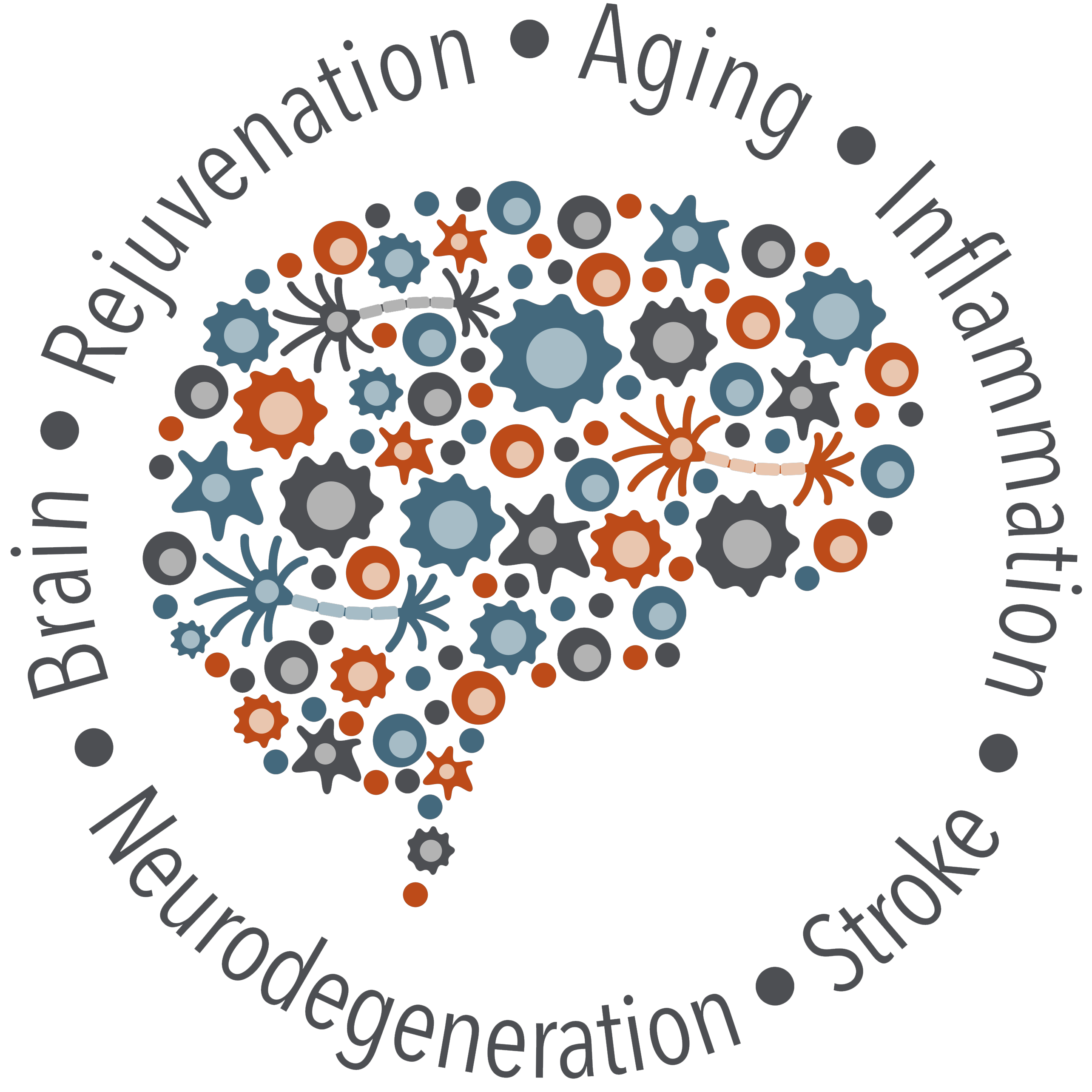
 Sean P Marrelli, PhD – Professor
Sean P Marrelli, PhD – Professor
Director, BRAINS Research Laboratory
Director, MicroCT Imaging Facility
Education & Training
PhD Baylor College of Medicine – Houston, TX
Areas of Interest
Research interests: Regulation of cerebral blood flow in healthy conditions and in disease states (e.g. following ischemic stroke, in conditions of amyloidosis, etc.); Role of endothelial Piezo1 mechanosensitive ion channel in cerebral blood flow regulation; Brain vascular remodeling in aging and pathology; Novel methods of promoting therapeutic hypothermia following stroke.
Research
A longstanding central theme of research in the Marrelli Lab involves the mechanisms of cerebrovascular function, in both healthy and pathological conditions. There are multiple ongoing projects in the lab, of which three are summarized below.
In project 1, we seek to define how Piezo1 (a mechanosensitive ion channel) contributes to blood flow regulation in the brain. Our data indicates Piezo1 expression and function within brain endothelial cells. We have further shown that selective genetic deletion of Piezo1 in endothelium results in reduced cerebral blood flow (CBF) and that pharmacological activation of Piezo1 promotes increased CBF. We are currently exploring how loss of endothelial Piezo1 function contributes to decreased brain perfusion in mouse models of aging and amyloidosis. In addition, we are determining if selective augmentation of endothelial Piezo1 function can improve brain perfusion in these same models. In project 2, we are investigating the role of von Willebrand factor (VWF) in cerebrovascular remodeling. VWF is produced in endothelial cells and can be released from Weibel-Palade bodies into the blood as large multimers following endothelial cell activation. Release of VWF also occurs constitutively, delivering smaller multimers into the plasma and subendothelial space. While VWF is best known for its contribution to healthy hemostasis, recent data suggest that VWF may also function within the vascular wall (i.e. “intramural VWF”) to modify smooth muscle function. Our data show the presence of VWF within the vascular wall and in tight association with smooth muscle cells in both human and mouse brain vessels in aging, stroke, and amyloid-dependent pathology. We are currently examining the mechanisms by which intramural VWF promotes vascular remodeling and impaired vasomotor function of the leptomeningeal arteries/arterioles in human and mouse brain and determining if reducing intramural VWF can protect those vessels from pathological remodeling and impaired function. In project 3, we are using ‘non-pungent’ TRPV1 channel agonists to promote therapeutic hypothermia following ischemic stroke. Delivery of these agonists promotes mild hypothermia (core body temp 33-35 °C) and thereby lessens stroke injury and improves functional recovery.
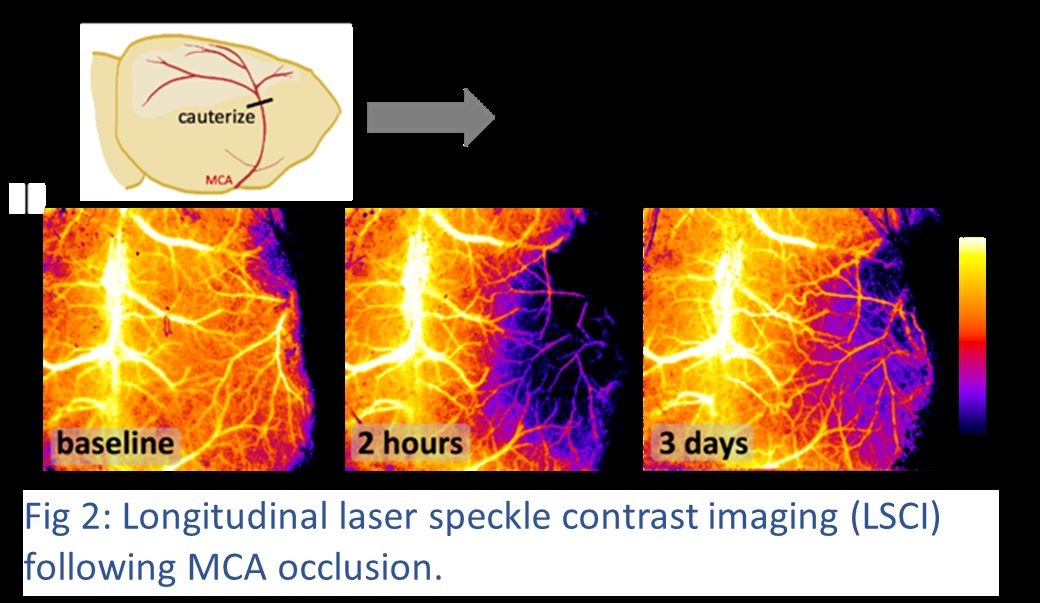
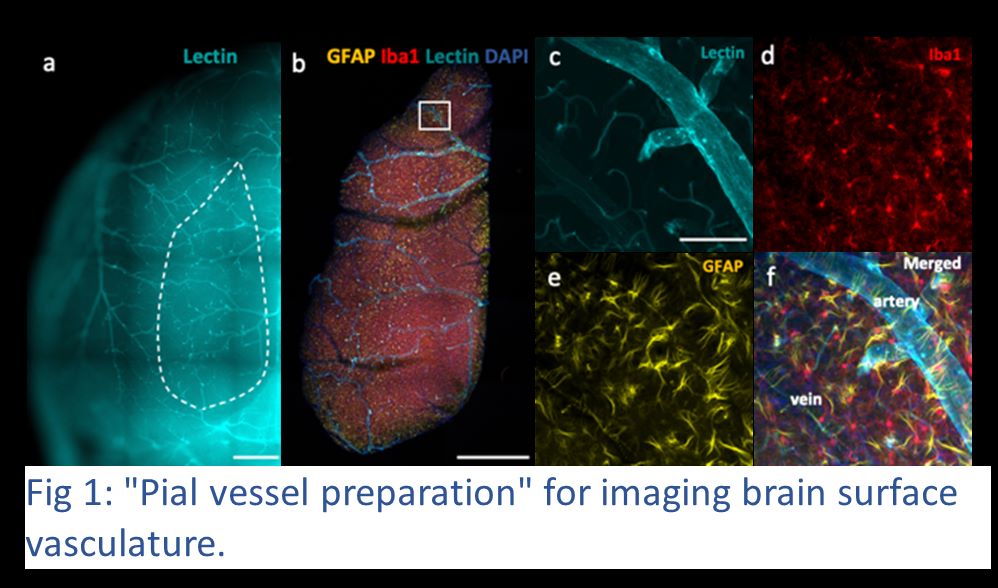
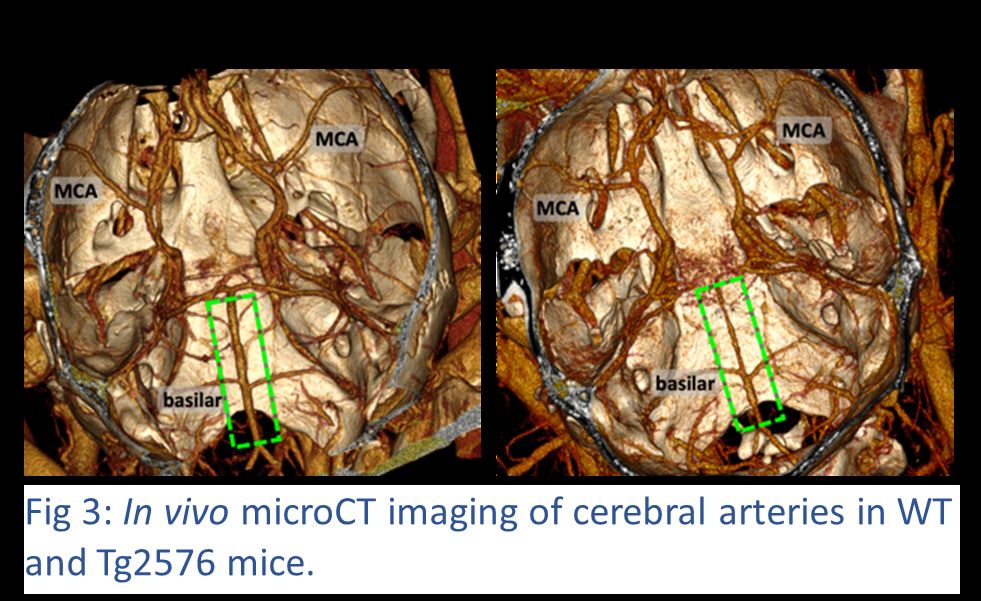
Experimental approaches used in the Marrelli Lab include, laser speckle contrast imaging (measurement of dynamic CBF responses, recruitment of collateral vessels), microCT imaging (in vivo and ex vivo; 3D quantitative measurement of brain vasculature, brain pathology, parenchymal clearance), MRI (measurement of white matter injury, absolute CBF), two-photon imaging (pial vascular function, perivascular clearance), wireless body temperature measurement, histology/immunofluorescence, AAV-mediated gene deletion, RNAseq and scRNAseq, and behavior testing. We use a variety of transgenic mouse models, such as inducible Piezo1 KO, inducible Piezo1 GOF, VWF KO, Tg2576 mice, TgSwDI mice, inducible TRPV1 KO, and a variety of reporter mice. Lastly, we use a variety of surgical models to induce ischemic stroke or deliver experimental agents to the brain.
Dr. Marrelli also serves as the Director of the MicroCT Imaging Facility. The imaging facility was established through an NIH S10 equipment grant (S10OD030336; SPM) for the purchase of a Bruker SkyScan 1276 microCT imaging system. The SkyScan 1276 instrument is capable of high-resolution ex vivo and in vivo 2D and 3D imaging.
The Marrelli Lab is funded by multiple grants from the NIH and American Heart Association (AHA).

Ting Wu, PhD – Research Associate
Education & Training
BS Beijing University of Chinese Medicine – China (2011)
PhD Beijing University of Chinese Medicine – China (2016)
Areas of Interest
Research interests: Vasculature pathology development in aging, stroke, and Alzheimer
Clinical interests: Nature medicine for cerebrovascular disease
Research
-Research Associate, Department of Neurology – UT Health Science Center at Houston – Houston, TX (Feb.2019 – current)
-Postdoc Scholar, Department of Pharmacology and Toxicology – Alcohol Center – Louisville, KY (Sep. 2016 – Feb. 2019)
Hobbies & Interests
Running and photography
 Alex Andersohn – GSBS Graduate Student Research Assistant
Alex Andersohn – GSBS Graduate Student Research Assistant
Education & Training
BS Biomedical Engineering, Texas A&M University – College Station, TX (2012)
MS Biomedical Engineering-Biomechanics, Texas A&M University – College Station, TX (2013)
Areas of Interest
Research interests: TRPV1, capsinoids, stroke, collaterals
Clinical interests: Translational Stroke Research
Research
-Undergraduate Researcher: Ghrelin and drug-seeking behavior
-Master’s Thesis: Vascular mechanics of inflation strain, multiscale modeling
-Research Assistant: Chronic ER stress, DAMPS, Unfolded Protein Response, Inflammation
Hobbies & Interests
Ice Hockey
Research Assistants
 Elsa Chittet
Elsa Chittet
Education & Training
BS Science in Healthcare Studies, The University of Texas at Dallas – Dallas, TX
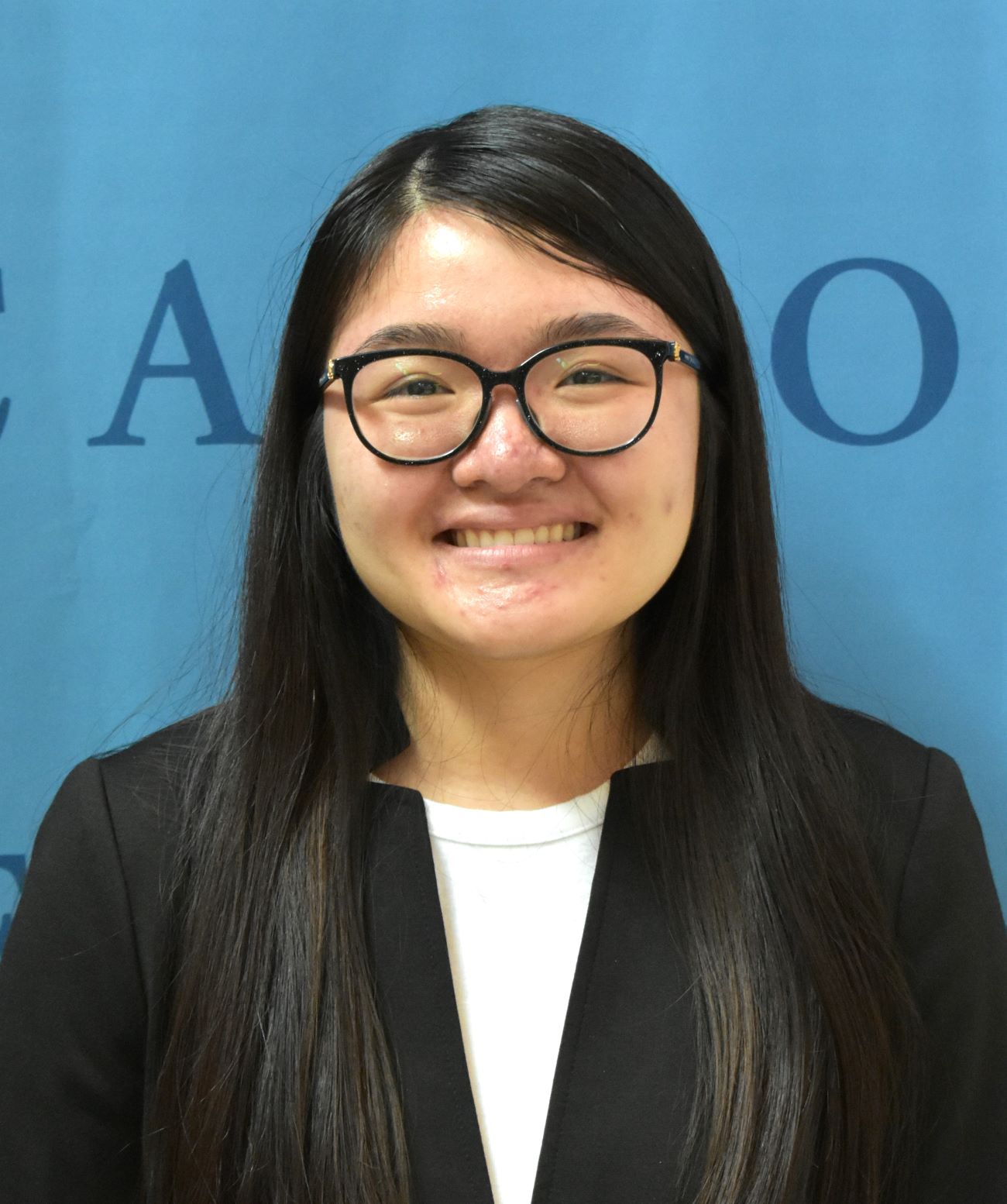
Andrea Doan
Education & Training
BS Biomedical Engineering, University of Houston – Houston, TX (2021)

Khai Huynh
Education & Training
BS Biology with minor in Psychology, University of Houston – Houston, TX (2022)